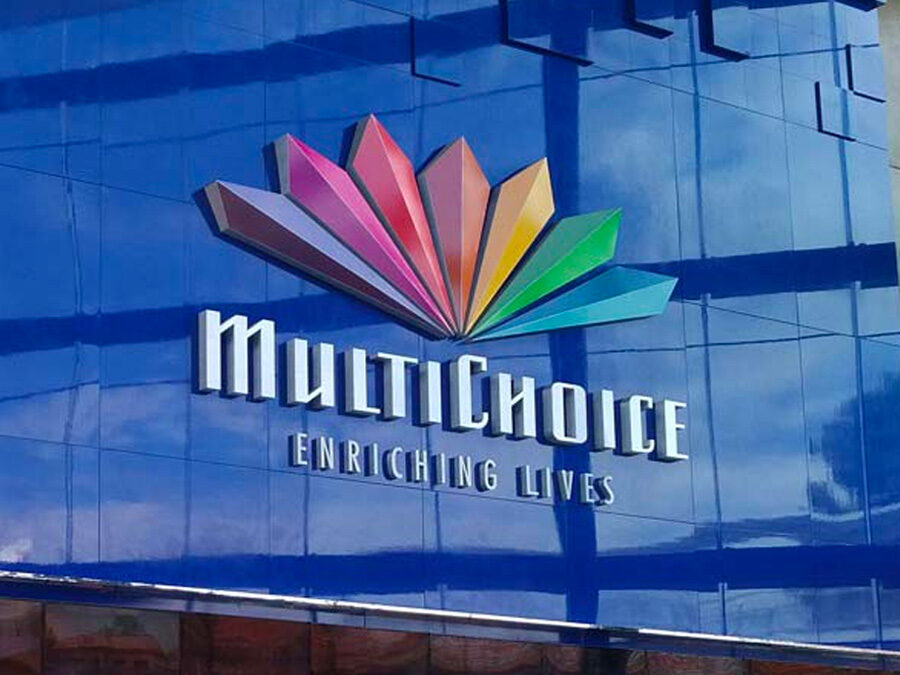Multichoice continues to ramp up its bet on streaming platform Showmax, this time denying shareholders dividends to make further investments in the platform’s growth.
According to its annual results for the year ended 31 March 2023, Multichoice is doubling down on its streaming bet, Showmax, with the company choosing to not issue shareholders dividends. Instead, it will continue investing in the streaming platform. “In view of the challenging South African market, the uncertain currency outlook, the funding needs of the Rest of Africa business and the investment required to drive Showmax to become the leading streaming platform on the continent, no dividend has been declared for FY23,” the company stated.
In April, Multichoice announced a partnership with US media giant COMCAST, owners of NBCUniversal, and its UK counterpart SKY to create “Showmax 2.0” which would be a new platform powered by Peacock and 70% owned by Multichoice and 30% (stake sold for $30 million) owned by the aforementioned UK and US partners. On paper, leveraging Peacock’s “scalable and feature-rich technology”, Multichoice’s wide array of local content combined with global content from its partners, Showmax 2.0 would give top global streaming platforms on the continent like Netflix and Disney+, as well as African platforms like Wi-flix, a run for their money. The platform is slated to go live in the second half of the 2024 financial year.

If its results are anything to go by, it looks like Multichoice will be doubling down on that strategy. The company not only explicitly states that it wants to make Showmax the biggest streaming platform on the continent, it also adds more detailed forecasts, including $1 billion revenue in five years, trading profit breakeven by 2027, as well as a 25% EBITDA margin, and 20% free cash flow margins, both at scale. Additionally, Multichoice has also bumped up its growth expectations of the platform by a multiple of three by 2032 and content production by a multiple of 10 by 2033.
To support those ambitions, Multichoice has been and will continue to funnel funds towards the Showmax moonshot project for the foreseeable future, a bet which has thus far had a significant impact on the company’s margins, which reduced by 7% this past financial year.
“The impact of South African macro challenges, together with the group’s increased investment in Showmax, caused SA margins to contract to 24% from 31% in the prior year,” the company added.
A worthy bet or a case of desperation?
Multichoice still does not explicitly state the number of Showmax subscribers, a trend they have stuck to since the launch of the platform in 2015. Some experts suggest that this might be because of the platform’s meagre number of subscribers. But according to a metric they do share on their financials, which is the growth rate, the number of paying subscribers grew by 26%. The bet seems to be getting well received by shareholders, though, as evidenced by the marginal increase in the share price after the release of the annual results.
The bump, which now means it is trading at 526 cents, takes Multichoice’s share price from the 495 trading price it struck in June, its lowest trading price since June 2020. Taking that marginal price movement into consideration, it appears that shareholders understand why they have to forego their dividends to support the platform’s growth. However, the share price is still down by 38% over the last four months, despite announcing two major products, Showmax 2.0 and Moment, the company’s fintech bet, in that time period.
That trend should perhaps have the company executives a bit concerned. An amalgamation of factors, including core offering DStv’s decline, which lost over 100,000 subscribers between January 1st and March 31st, lack of shareholder excitement over new opex-heavy products, as well as tough macroeconomic conditions fuelled by inflation and load shedding in the company’s core market, South Africa, might prove to be enough to induce an existential crisis for the company.
The remedy to the crisis, perhaps, might be the company finally giving in to the flirtations by French media giant Canal+ which has been steadily acquiring Multichoice’s ordinary shares over the past year. In February this year, the company had hitherto acquired a 30% stake in the South African-based company, 5% away from the 35% stake which would require Canal+ to make a mandatory offer for Multichoice.
On its financial results booklet, Multichoice mentions DStv, its core product, only seven times, compared to the twenty times it mentions Showmax, perhaps pointing to how much the company is betting on the success of the platform as the last straw to keep the company from going under.



















